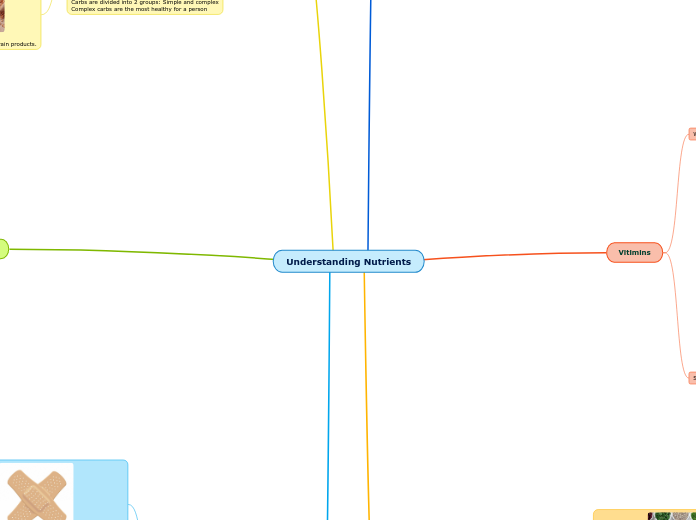Understanding Nutrients
Water
Why is water important?
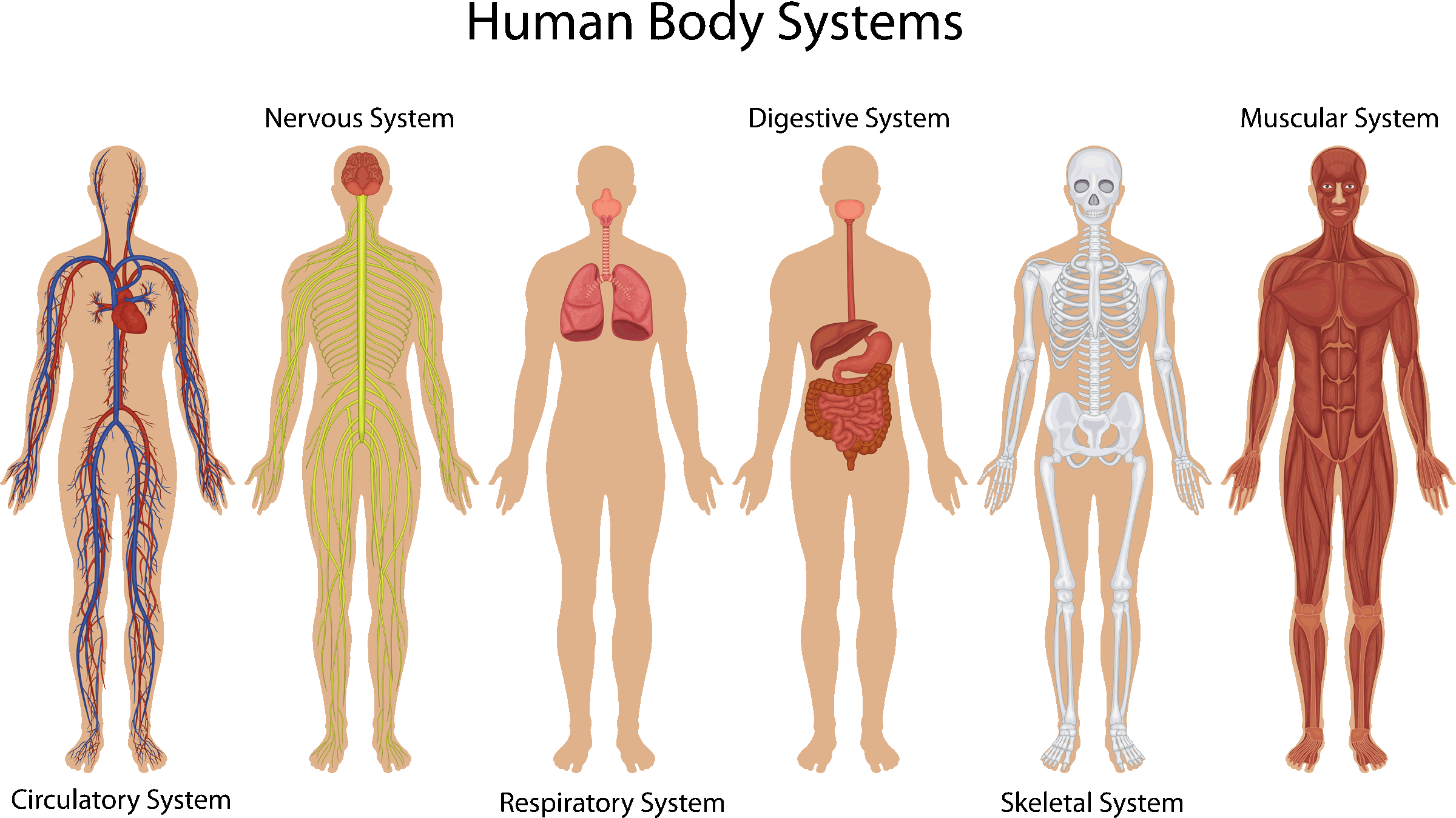
Water is required for every single main body function

Water is the MOST IMPORTANT nutrient
Sources of water
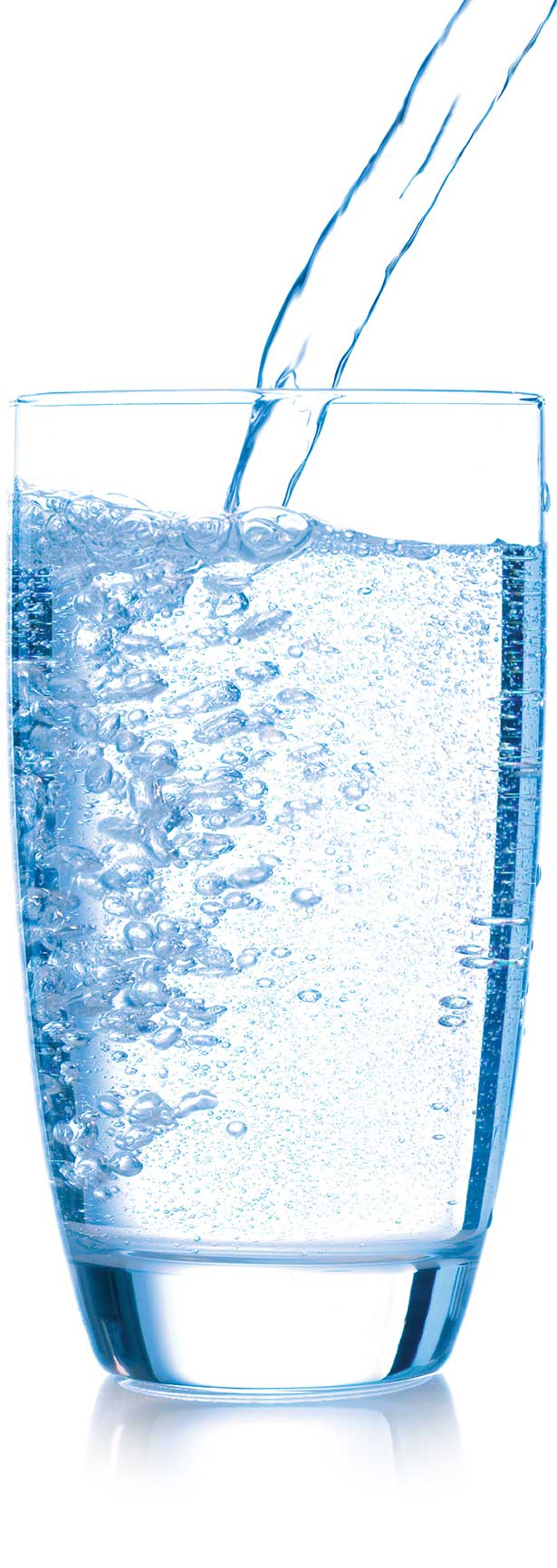
However, the main source of water is... Water...

Foods high in water include, watermelon, cucumber, celery, lettuce, and cantaloupe
Vitimins
What do vitamins do?

Some vitamins help you fight off infections, and other help you maintain your basic body health

Vitamins need to be consumed to maintain body function.

Vitamin B helps prevent birth defects and blood diseases
Sources of vitamins

Good sources of vitamin B include broccoli, spinach, and asparagus

Vitamin D is generated by your skin, when it comes in contact with the sun
.jpg)
Good sources of vitamin C include citrus fruits, peppers, and strawberries
Minerals
Why does your body need minerals?
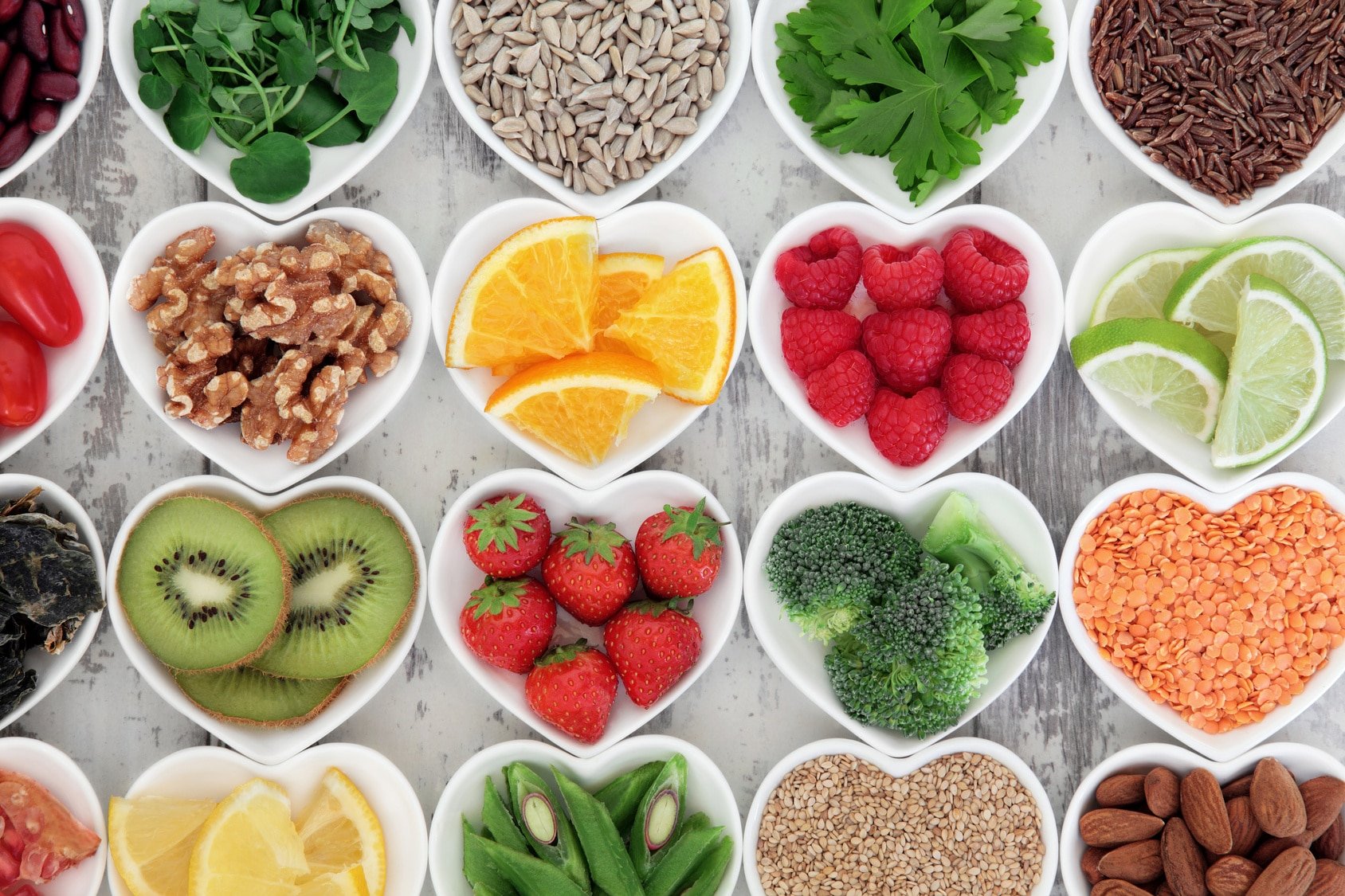
Minerals help maintain proper organ, heart, and respiratory system functions

Your body needs minerals to absorb certain vitamins.
What foods are rich in minerals?
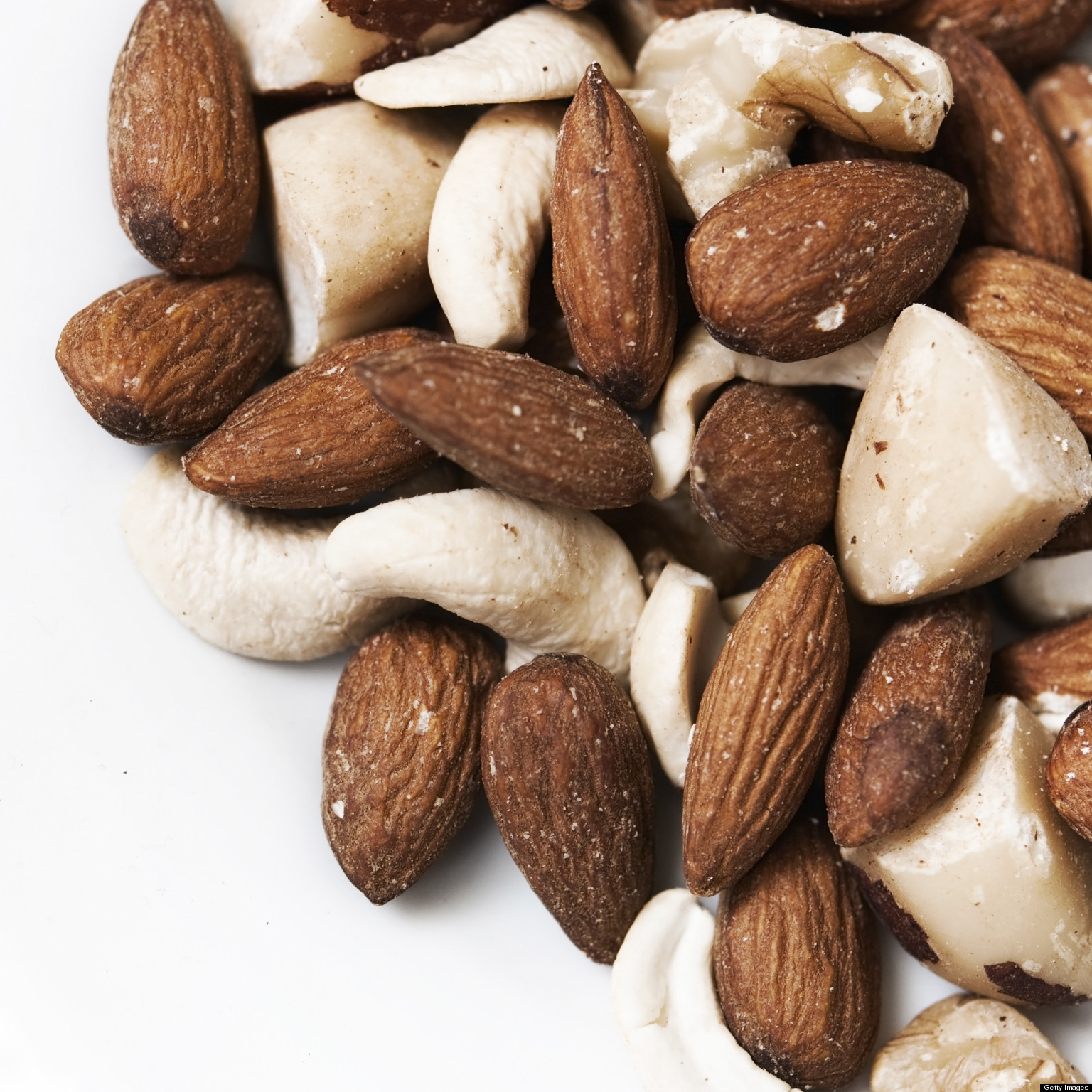
Foods rich in minerals include nuts and seeds, eggs, shellfish, avocados, and organ meats
Carbs
Why are carbs important?
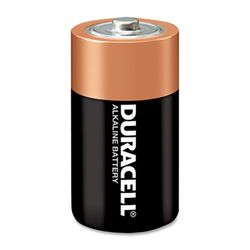
Carbs are the body's MAIN source of energy

Carbs help the nervous system, muscular system
and kidneys

Carbs are divided into 2 groups: Simple and complex
Complex carbs are the most healthy for a person
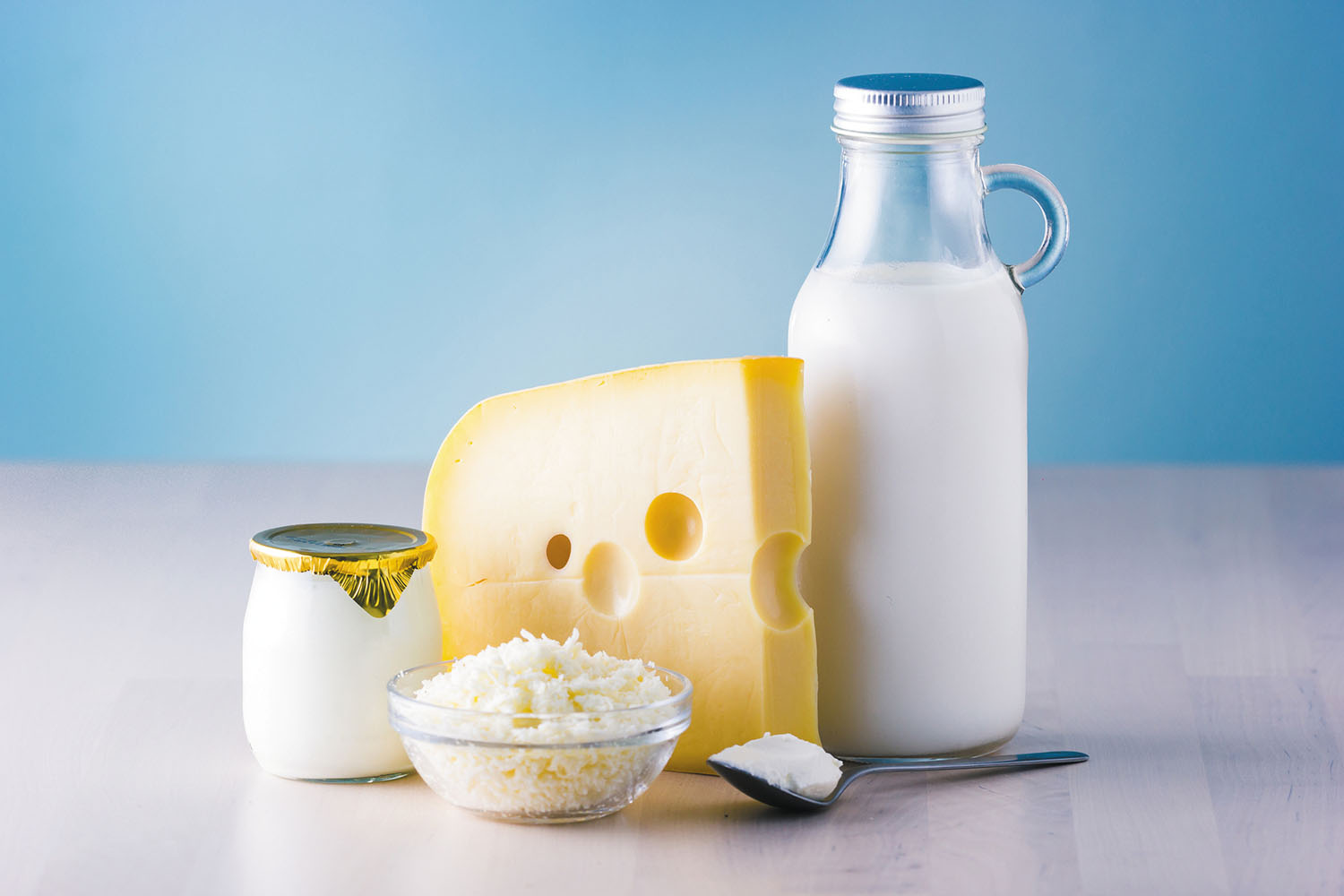
Simple carbs are found in:
White bread, fruit, and dairy products

Complex carbs are found in:
Buckwheat, brown rice, and whole grain products.
Fats
What does fat do for your body?
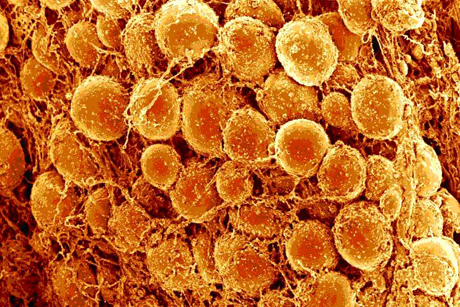
Fat increases the absorption of fat-soluble vitamins (D, E, A, K)

Fat insulates and prevents the body from shock
What kind of fats should be consumed less often?
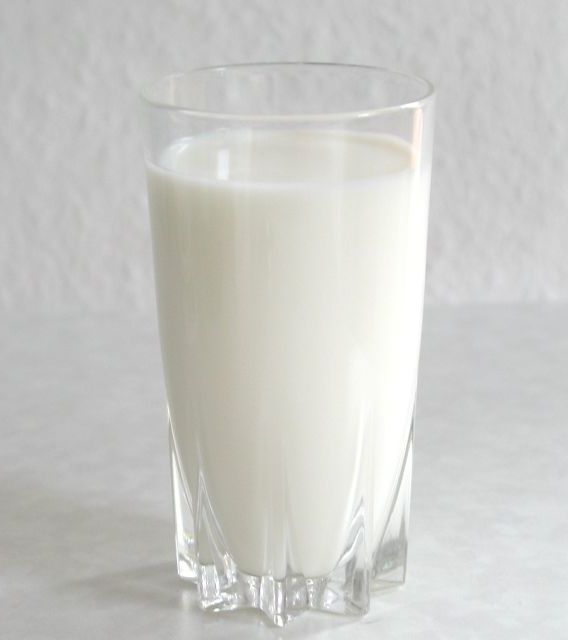
Fatty meats and dairy should be consumed in small portions, and less often.
What kind of fats should be consumed more often?

Omega-3 is a good fat, it should be consumed often.

Foods high in omega-3 include fish, seafood, plant oils and walnuts
Proteins
Why are proteins important?

Proteins are responsible for building and repairing body tissue.

Proteins are broken down into amino acids
9/20 of those amino acids have to be consumed through food.

Proteins are divided into 2 groups: Plant-based and animal-based proteins.

Foods that contain plant-based proteins include:
Lentils, tofu, chickpeas, and foods with nutritional yeast.

Foods that contain animal-based proteins include:
Poultry, eggs, dairy and fish
